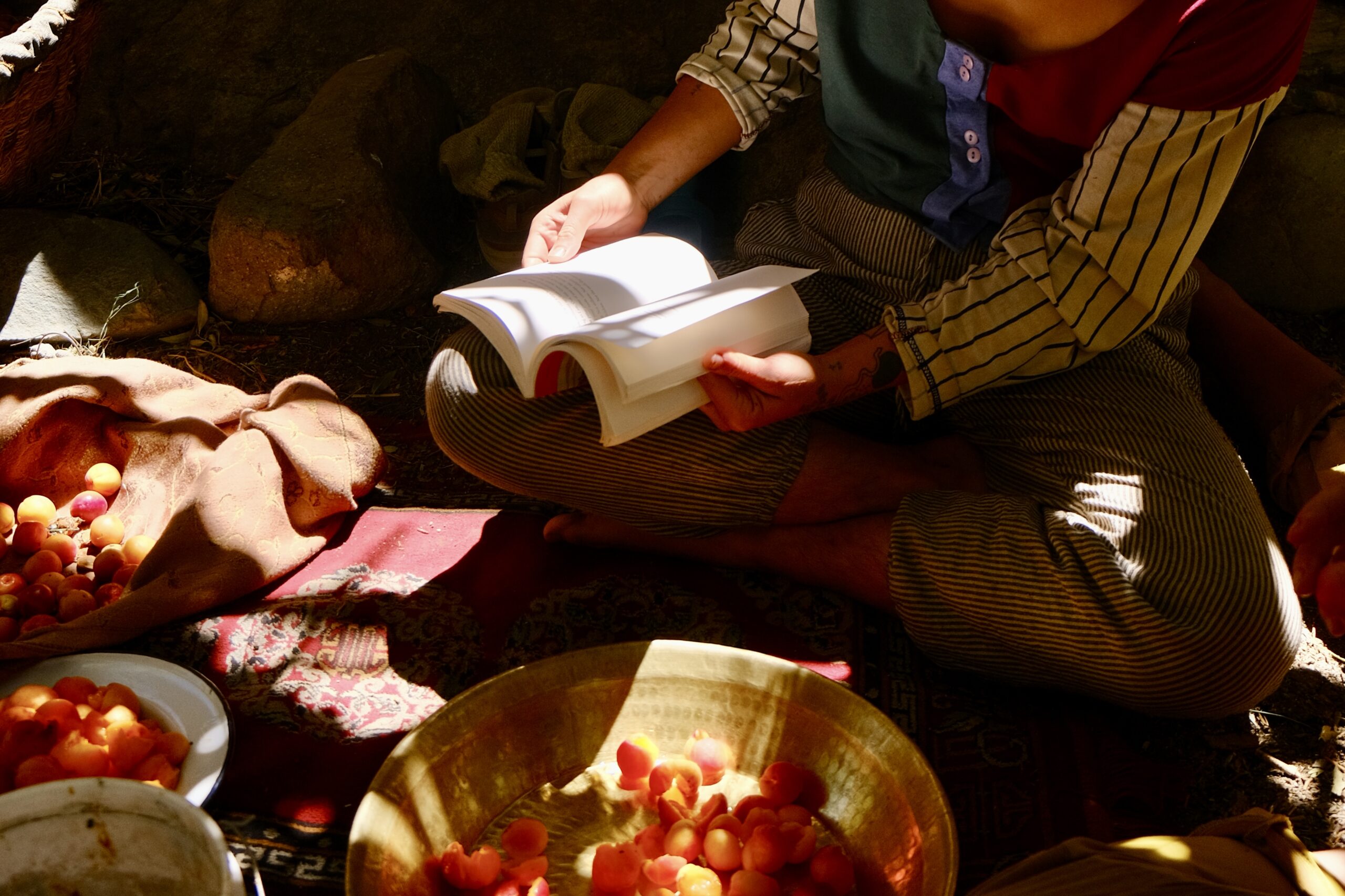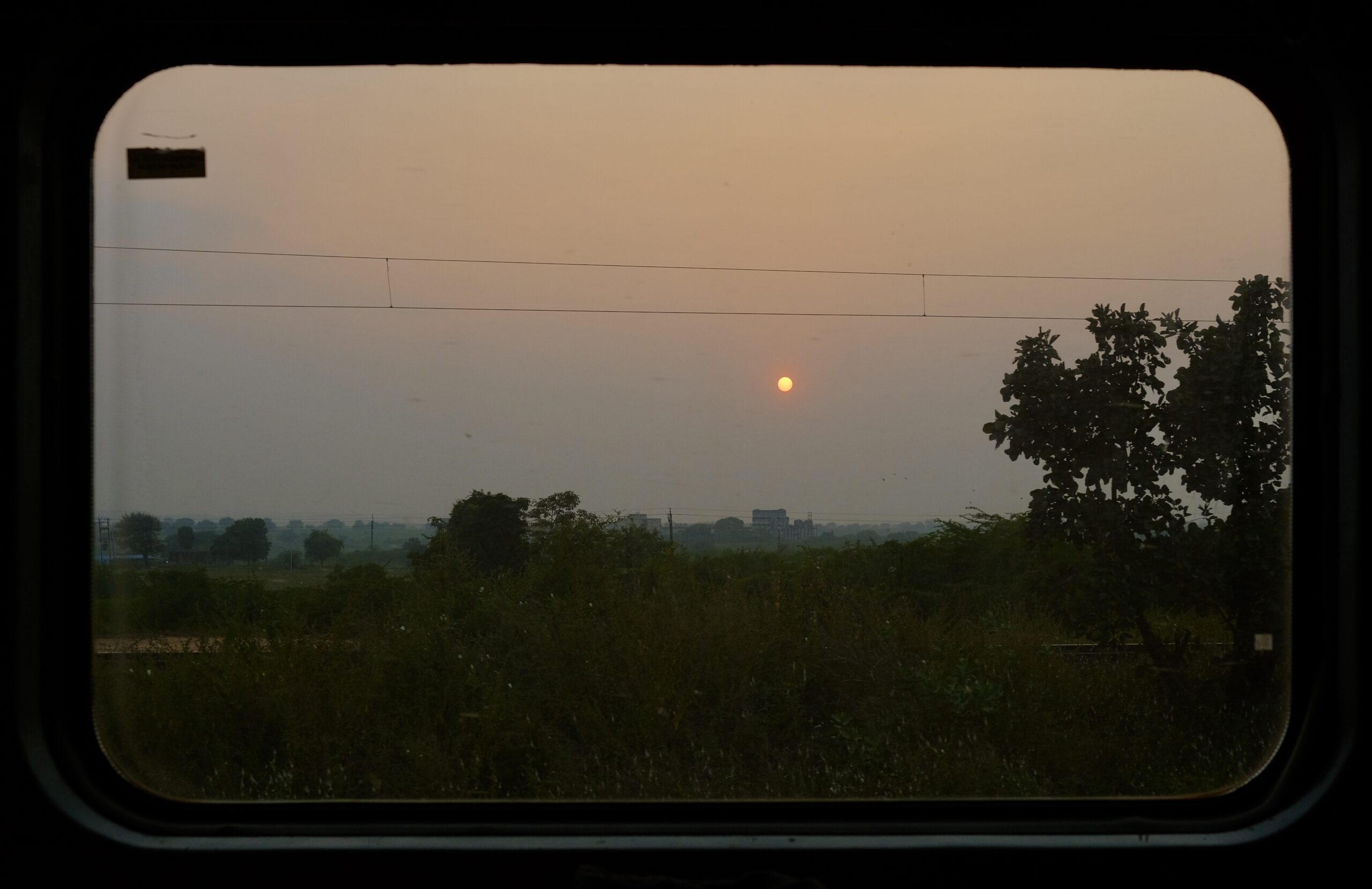Every year at College of the Atlantic, graduating students are invited to write a very special essay to complete their Bachelor of Arts in Human Ecology. The exercise is seemingly simple: each student has to write a few pages about the unique perspective they have gained during their self-directed curriculum comprised of courses in the fields of environmental sciences, human sciences, and arts. The guidance for the writing is purposefully vague as students are encouraged to explore and be creative. Some might choose to write a synthesis of the learnings they gained during their degree, while others might tell a personal story. In the end, what makes the writing of a human ecology essay so complex and unique is that there is no right way to go about it. Every student approaches it in different and equally valuable ways.
About a year ago, like all of the senior students in my cohort, I was thinking about writing my own human ecology essay. Actually, ‘thinking’ might be too generous here. Rather, I should say it was on the back of my mind. In those days, I kept prioritizing other essays and research papers that I thought were more important. But in reality, I was procrastinating. The writing of the final human ecology essay was an unfamiliar process that involved reinserting myself at the center of my learnings and writing using my own voice. It forced me to ask myself these questions:
What was the unique interdisciplinary perspective that I had gained at the culmination of four years of human ecology?
Why did I pursue this human ecological perspective? For what purpose?
It took me months to even dare answer these questions, making the human ecology essay the piece of writing I probably procrastinated for the longest in my life. I didn’t know how and where to start. Just as I struggled to begin this blog, I felt uneasy about letting the writing process be my guide at the time. Eventually, like any experienced procrastinator, I finally reached the moment when I could delay no more. So one evening I sat down in my room and wrote. What I ended up writing was a rather strange mix of personal experiences, opinions, and arguments about the role of human ecology in challenging the modern world and its epistemology. It was quite the mouthful, especially for the non-initiated. But it was probably on par with the kinds of essays a graduating human ecologist would write, especially considering the time constraint.
After I shared it with my friend Nils, he laughed at the fancy language and academic tone of the essay. I had tried to write using a personal voice but I still had a long way to go. I was pleased with my essay and its writing process though. Despite its clumsiness, my writings were inspired by a profound introspection into human ecology’s contribution to my worldviews and the meaning of my life. Now, as I am typing these lines, I am realizing that this year abroad, this blog, as well as its writing process are a continuation of these reflections on human ecology. That’s why I am making this story part of my blog.
Storytelling as knowledge and power
It would hardly be an overstatement to say that a few months of living in the Indian Himalayas has taught me as much about human ecology as four years of academic studies. During my time in Ladakh, I discovered not only a very different culture but also a landscape that was unlike anything I had experienced. To properly integrate into this new social and natural environment, I had to learn basic Ladakhi and take part in the village’s traditional livelihood. It was a process that made me reflect a great deal on the holistic approach of human ecology, its relevance, and how I intended to use it as part of my Watson fellowship.
Although I spent four years studying human ecology, I finished my degree feeling a bit lost when it came to applying my learnings. Going to Ladakh only made this feeling worse as I felt like none of the things I learned really applied to understanding Ladakhis and their environment. Human ecology had taught me a great deal about economics, politics, policies, renewable energy, anthropology, ecology, plants, art, and sustainable agriculture but the cold high-altitude desert and its people were simply too different from the knowledge and context I knew. Of course, there were concepts and ideas that I could loosely apply but most often, I found myself a neophyte all over again. That’s how I learned that being a human ecologist is a process of constant learning, relearning, and sometimes, unlearning.
This exercise, however, led me to a simple yet powerful realization about the nature of knowledge and its relation to human ecology. As I gradually learned about everything-Himalaya, I began to see the knowledge I gained as a collection of stories, tales, and myths, each offering an important yet partial perspective on the world we live in. I also began to view human ecology as a process of disentangling and weaving these stories to better understand and combine them into new narratives, ones that can inspire and shape alternative worlds. Those are, as I have come to believe, some of the unavowed ambitions of the human ecological approach.
Seeing knowledge as stories and human ecologists as storytellers felt like an important starting point because it recognized that all forms of knowledge, including and particularly so-called ‘objective’ sciences, are ultimately human-made narratives. It challenges the idea that some knowledge can be made absolute truth, opening the door to questioning and challenging firmly established universal claims about the nature, meaning, and aspiration of human life. Our world and our ability to imagine its alternatives are made of such foundational stories often disguised as universal truths, making them some of the greatest obstacles to seeing beyond our established order as well as the most promising avenues to transcend it. I consider this to be one of the fundamental premises of the human ecological tale.
In this sense, the purpose of this fellowship and this blog is not only to report on the experiences of people experimenting with localized collaborative alternatives, but also to craft such human ecological tales that reveal, question, and weave the stories that make up our world. Just like any knowledge, these ‘stories of stories’ will be as limited and imperfect as the humans creating them. So please remember that this blog and its writer are no exceptions to this. In other words, take it all with a grain of salt recognizing that’s how anything you learn should be savored anyway. The experiences and perspectives that I will share are based on loose notes, flawed memories, and no formal research methods whatsoever. They are meant to be tales that embrace their limitations without pretending to be any higher order of knowledge. They seek to break away from conventions while also acknowledging that there will always be limits. I see these as the essential characteristics of the human ecological tale.
It is in the nature of human ecology and its storytelling to remain a continuous experiment in questioning and deconstructing established orders, categories of difference, and boundaries set to our imagination of viable alternative futures for humanity. In our times of conflating environmental, social, and geopolitical crises, the human ecological tale has the potential to be a powerful tool and process. Not only because it can subvert existing power structures by exposing their underlying foundational stories but because in doing so, it can also encourage the emergence of alternative narratives to replace them.
This is the potential power of the human ecological tale.




